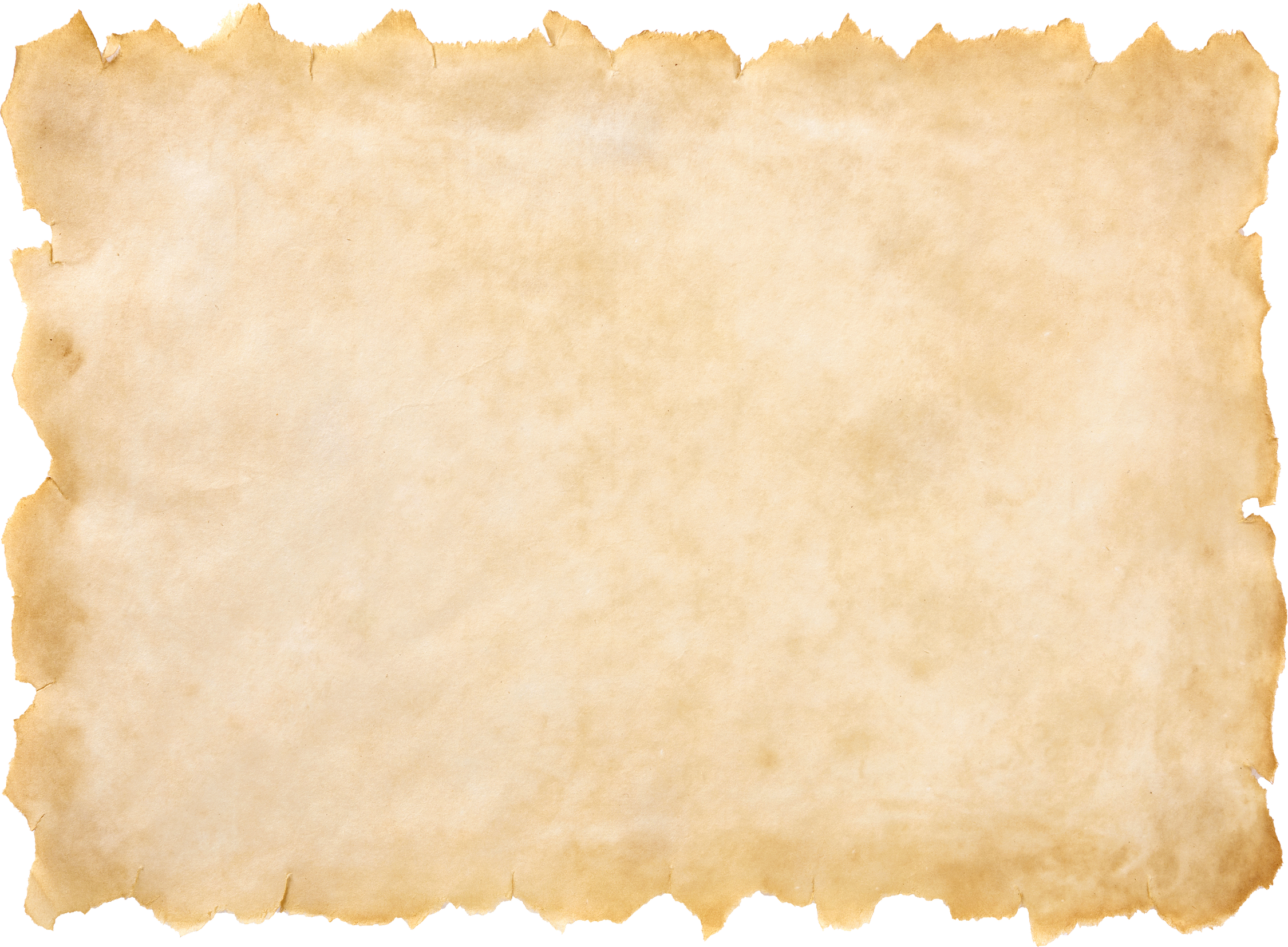
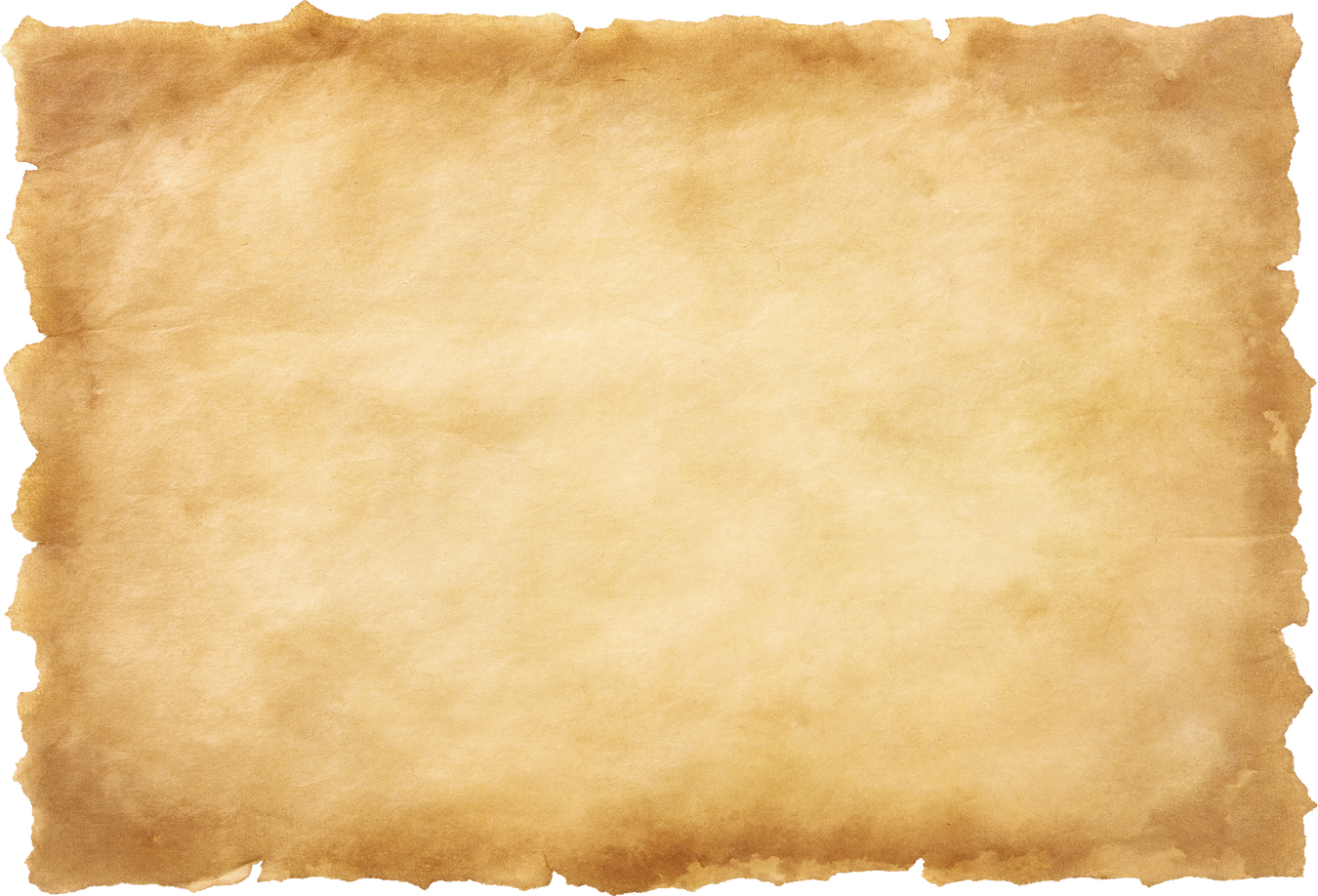


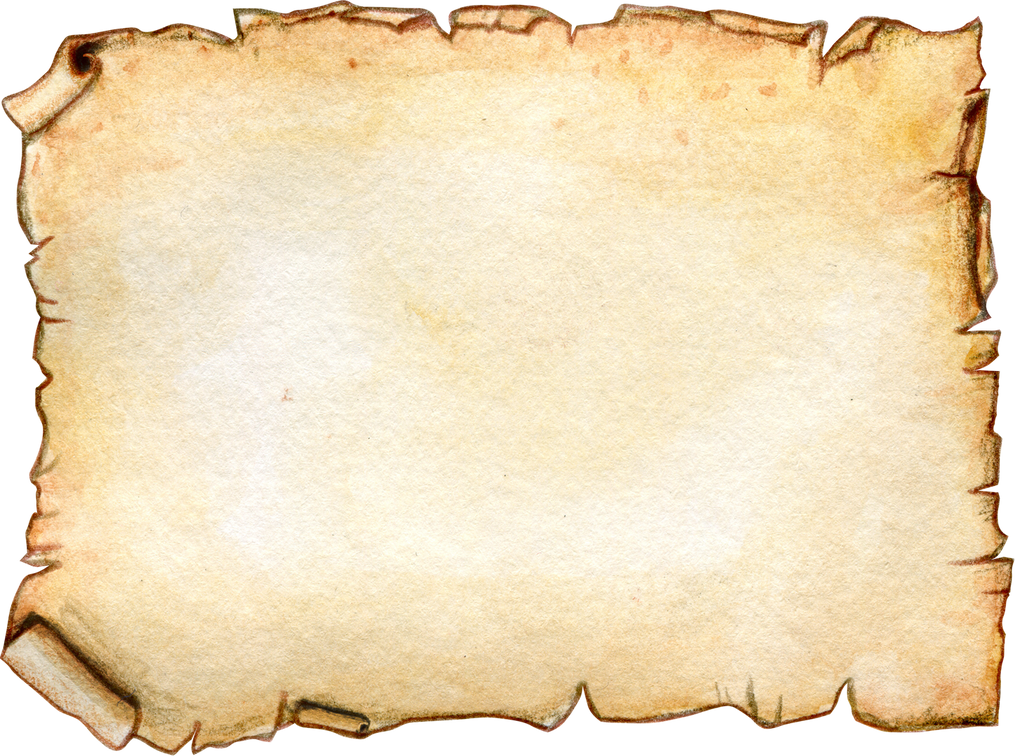
Water is Life
Teaching Cultural Geography Using Art-Mapping: Indigenous People of the Downeast Region of Maine
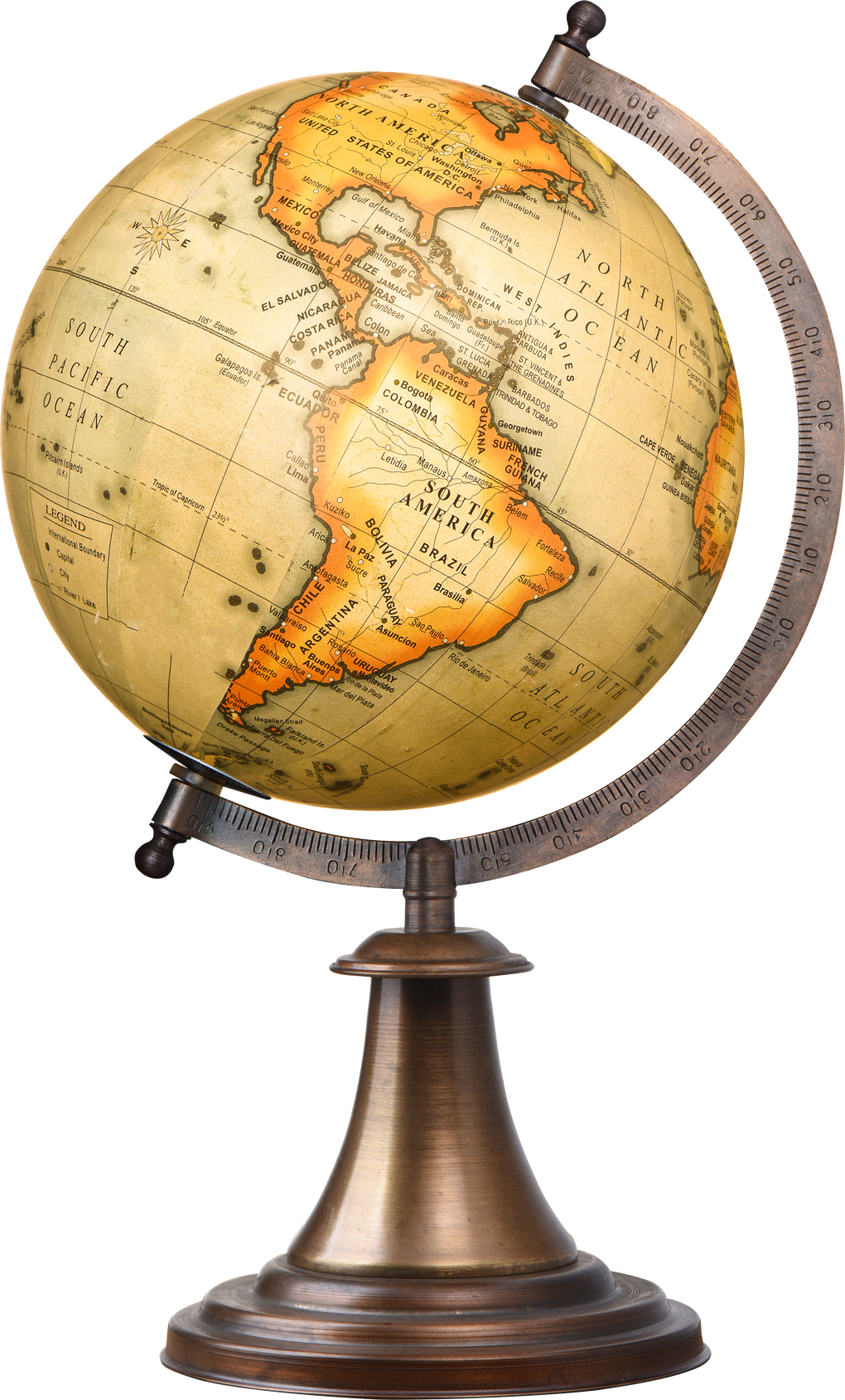


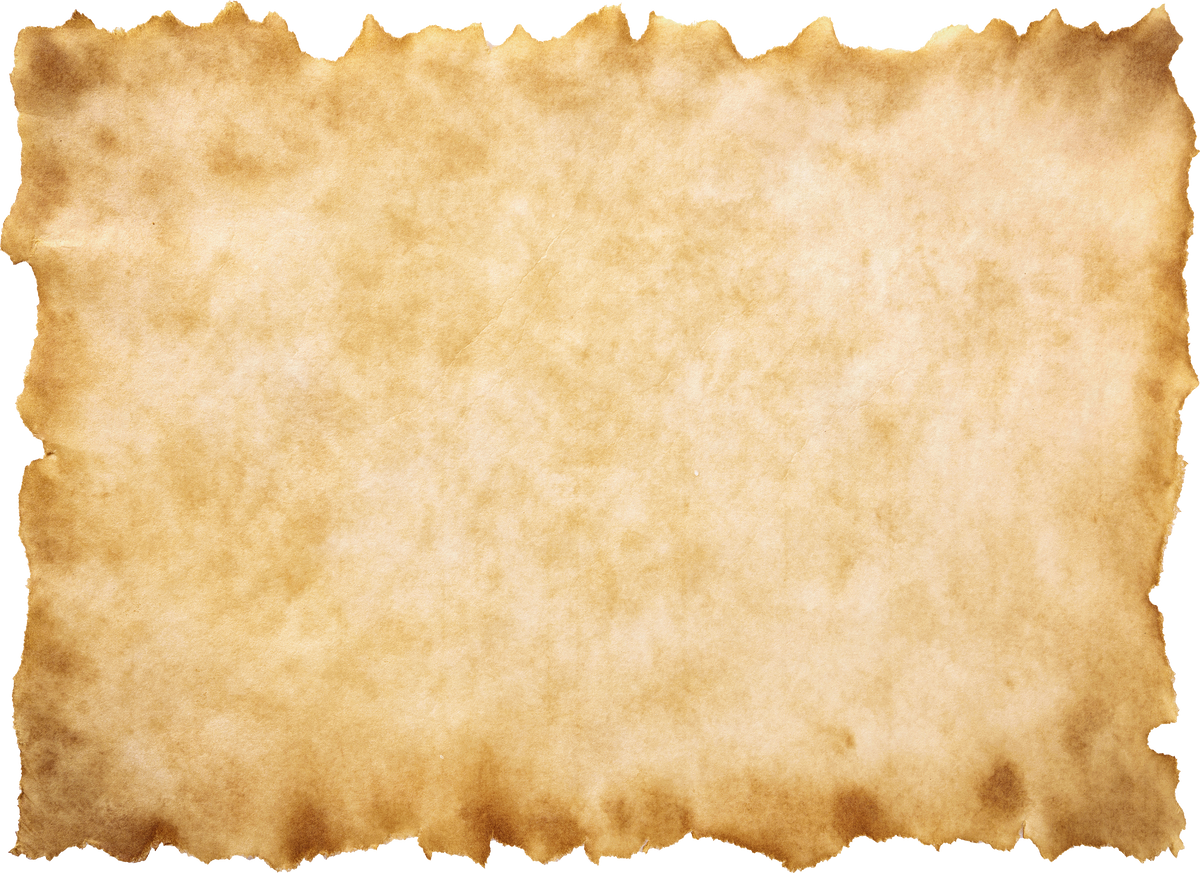


Table of Contents
Introduction: People of the Dawnland

01
05
Indigenous Presence in Downeast Maine Today
02
Native Canoe Routes in Downeast Maine
06
Final Thoughts
03

Map 1: N’tolonpemk: An Ancient Village on the Lake
04
Map 2: Pesamkuk: A Stolen Vacationland
07
Resources and Links



Introduction
Human inhabitation of the Coastal Region of Maine along what is now the US-Canada border to the Eastern Coastline goes back more than 6000 years. From the earliest known Native Tribes, history and culture have been shaped by the geography of this region, where resources can be precious, and at the forefront of it al isl Nebizun ,“‘Water is life”.
We will take a look back at the cultural geography of some of the significant locations where Native people lived in harmony with the waterways, natural cycles, and seasons in this sometimes harsh and unforgiving landscape. We will also see the changes over time as Europeans arrived, settled, and began claiming the land. Over time, humans, whether Native or foreign, have found themselves at the mercy of the land, while also altering the landscape, forever changing it.




The People of the Dawnland
Indigenous people, primarily of the Passamaquoddy Tribe, were at one time the only inhabitants of the Downeast region of Maine. Moving seasonally, they used the many waterways to follow important resources. Place names were meaningful - often an indication of the resources that could be found there or, in some cases, things that had happened in that place. Place names are a part of the oral history of the Tribe, an ongoing form of storytelling that lives on in the names of many of the geographic features today.

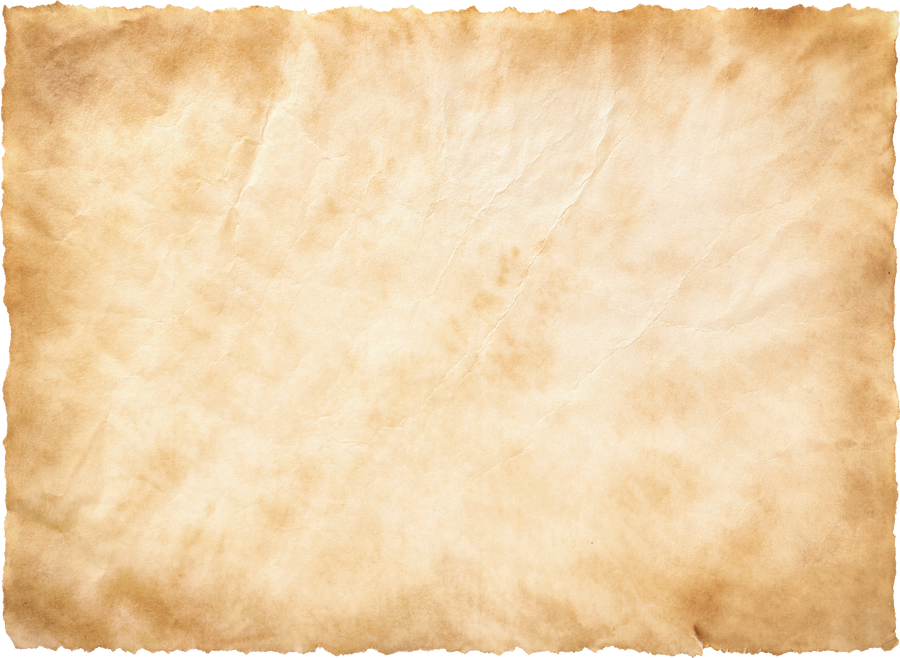
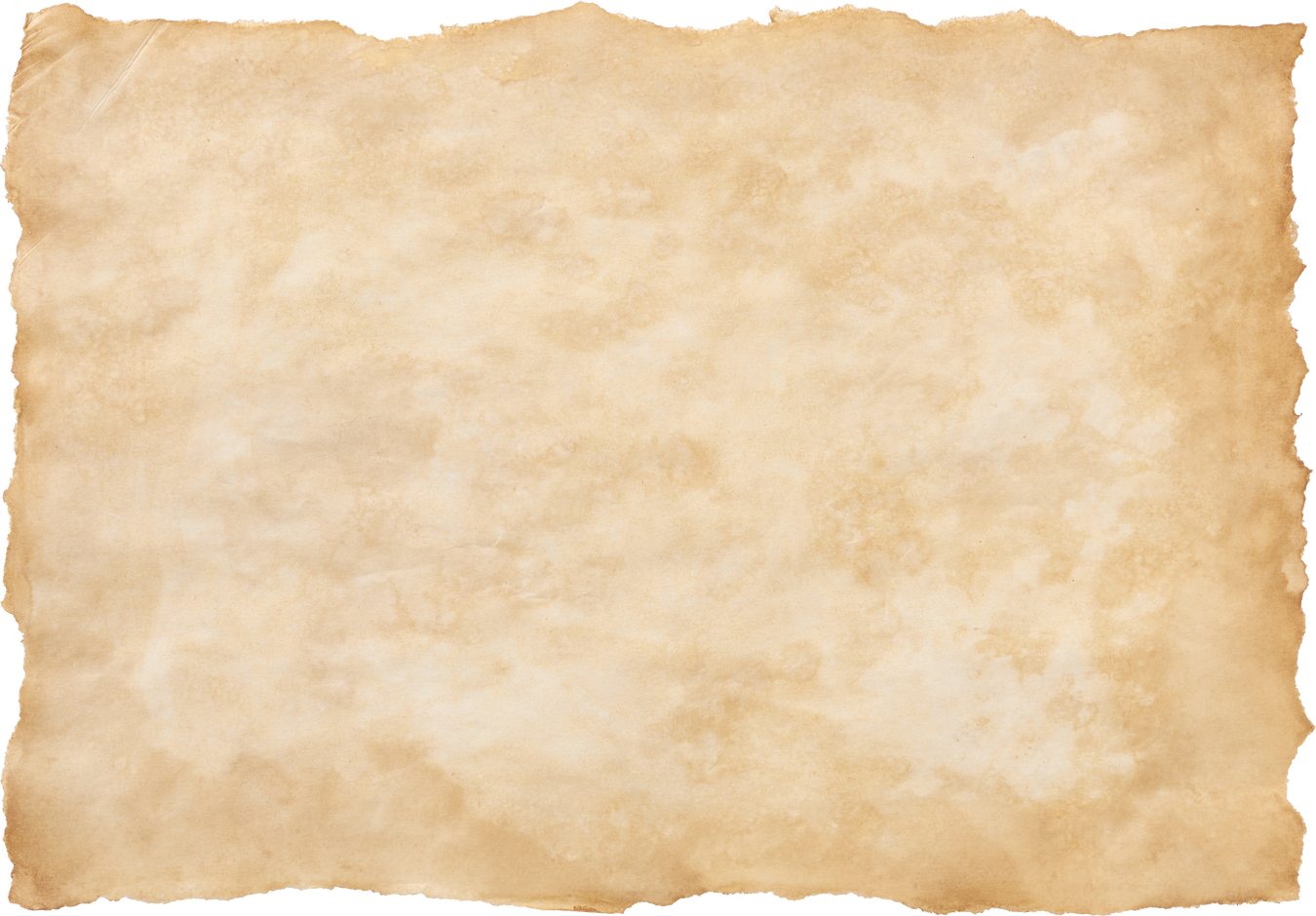
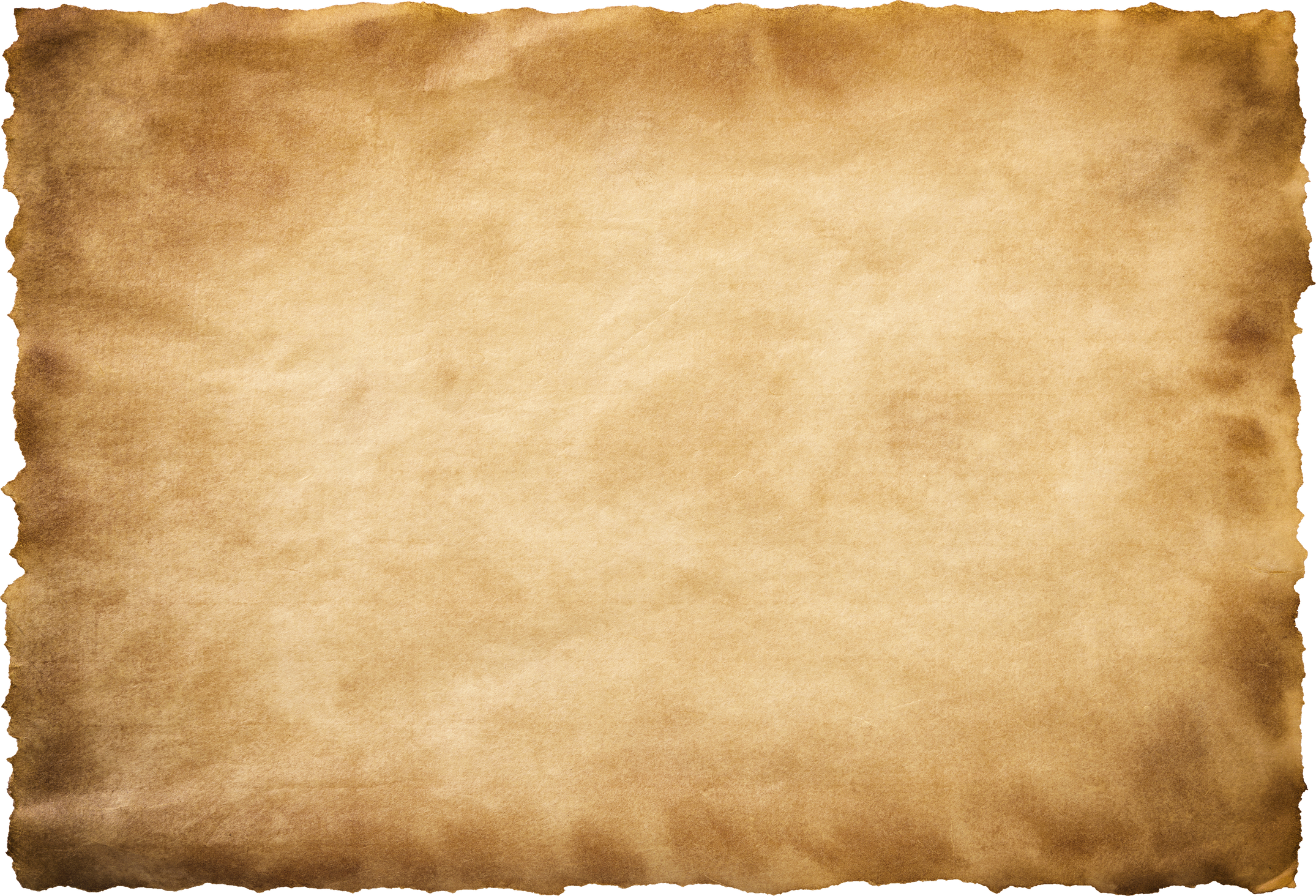

Map 1
Native Folklore: Glooskap Shapes the Land

The Legend of Glooscap
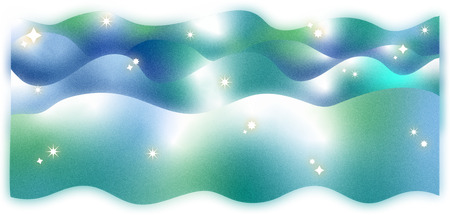
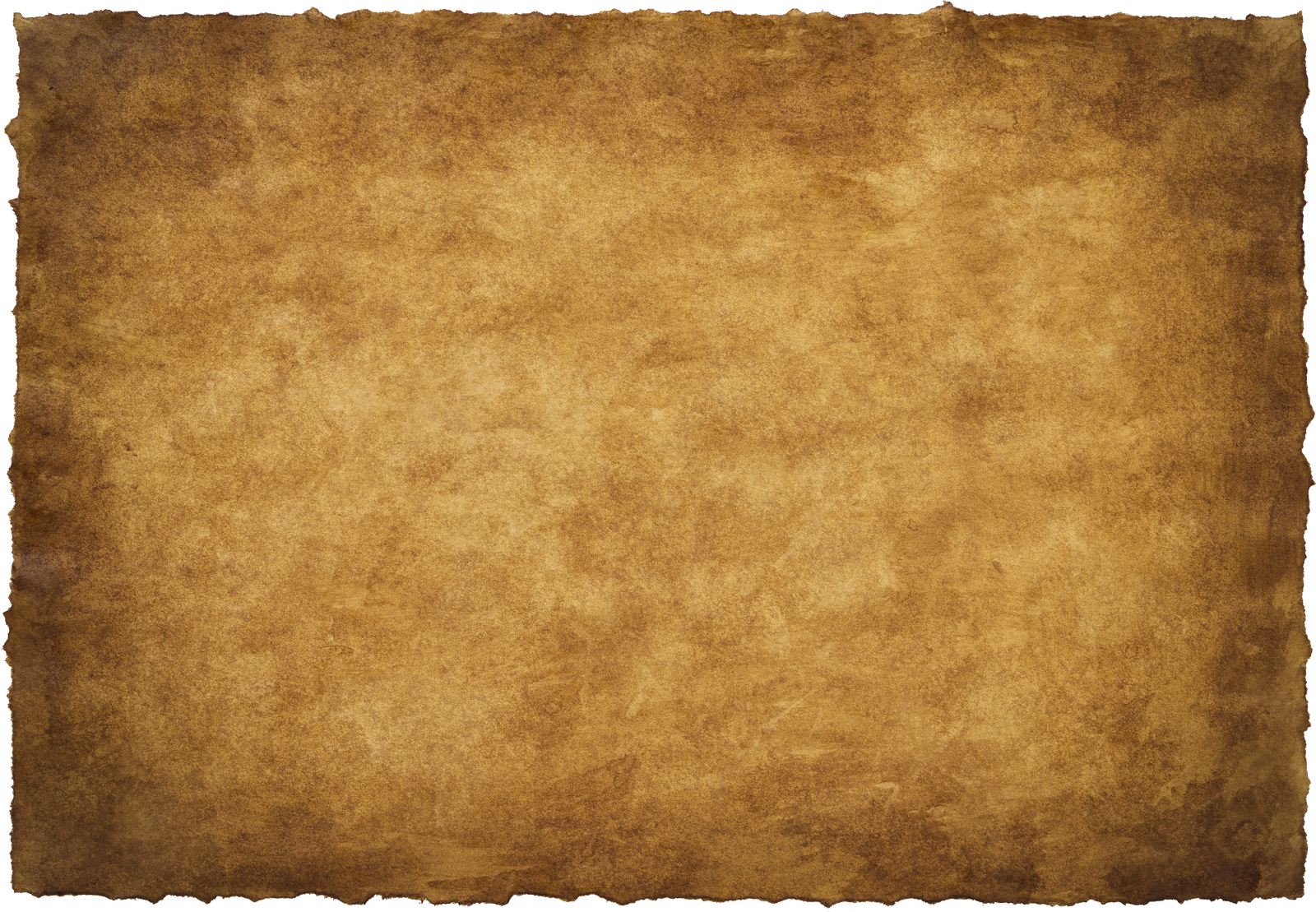


Map 2
N’tolonpemk: An Ancient Village on the Lake
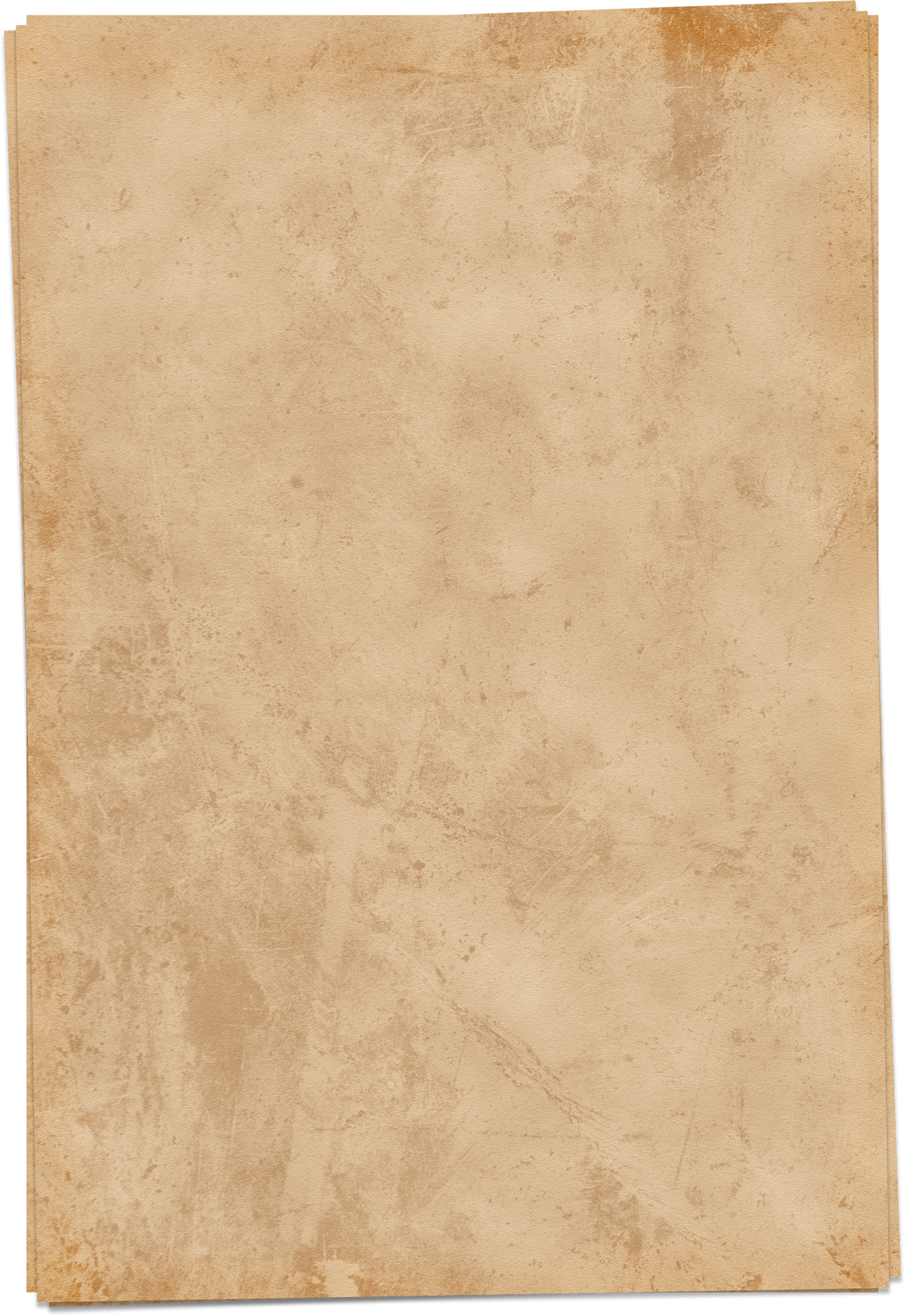
N’tolonepemk
“My ancestor’s place”


Map 3
Pesamkuk: A Stolen Vacationland